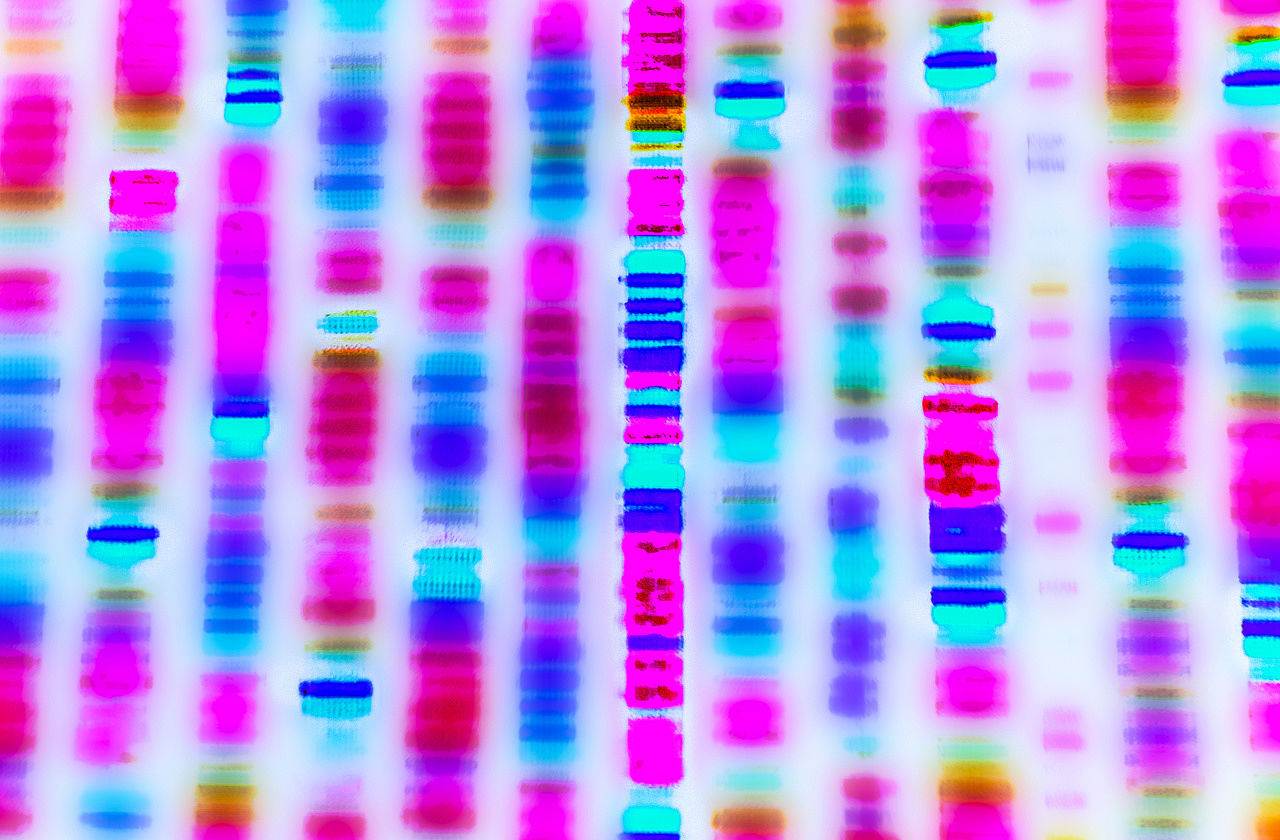Atherosclerosis is a progressive disease that begins early in life. Genetic variants and risk factors (e.g., high cholesterol, smoking, physical inactivity, hypertension, and diabetes) influence the development and progression of the disease throughout life. The crucial role of genetic risk factors has been demonstrated by the clustering of the disease in families and twin studies.
Innovative research approach
Over the past 15 years, hundreds of common genetic variants that affect myocardial infarction risk have been identified in genome-wide association studies (GWAS). Nevertheless, scientists could not fully explain the heritability of myocardial infarction so far. With the DFG-funded project "Use of family-based association data to further explain the lack of heritability of coronary heart disease and myocardial infarction", Prof. Erdmann and Prof. König, together with colleagues Prof. Dr. Heribert Schunkert of the German Heart Institute and Prof. Dr. Bertram Müller-Myhsok from the Max Planck Institute of Psychiatry (MPIP) in Munich, are taking an innovative approach to find additional, rare risk variants or risk genes to complete the genetic architecture of CHD/MI and identify new targets for drug development.
Reduced number of subjects
Given the diversity of mechanisms affected by CHD risk genes, identifying rare variants has required analysis of tens of thousands of patients and controls to obtain statistically conclusive results. Prof. Erdmann's team now proposes that high-throughput sequencing of a unique sample of patients with an exceptionally high burden of CHD/MI will help identify novel rare risk variants and genes that have escaped recent GWAS and sequencing projects. Based on the enrichment of the genetic burden of CHD/MI in these individuals resulting from positive family history, Erdmann and colleagues expect to identify rare pathogenic risk variants that confer intermediate to high risk. By enriching the genetic risk, i.e. genetic risk variants, in these patients, the number of subjects to be sequenced can be reduced from more than 10,000 to just under 1,600.
Long-term cohort over decades
These subjects to be sequenced were already collected 20 years ago in the German Heart Attack Family Study by Prof. Schunkert and Prof. Erdmann in Regensburg and clinically followed up for over ten years. In addition, this project will use sequencing data from healthy volunteers, which were funded by the German Center for Cardiovascular Diseases (DZHK) as a "DZHK Resource" by the applicants in the past years. This also allows the project to be carried out in a cost-saving manner. In the long term, the research groups of Prof. Erdmann and Prof. Schunkert will experimentally test the functions of the most promising risk genes to identify new targets for therapy.
Source: Press release University of Lübeck
Contact:
Prof. Dr. Jeanette Erdmann
Director of the Institute of Cardiogenetics
Email: jeanette.erdmann@uni-luebeck.de
Tel: +49 451 - 3101 8300
Prof. Dr. Inke R. König
Director of the Institute of Medical Biometry and Statistics
Email: inke.koenig@uni-luebeck.de
Tel: +49 451 - 500 50610


